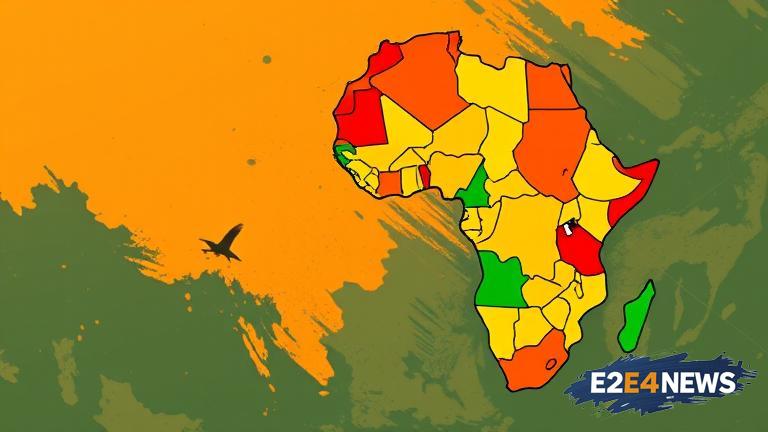The Internet Corporation for Assigned Names and Numbers (ICANN) has issued a warning regarding a governance crisis at the African Network Information Centre (AFRINIC), the regional internet registry (RIR) responsible for managing IP addresses in Africa. This crisis has been precipitated by allegations of misconduct and legal challenges that have the potential to destabilize the internet ecosystem in Africa. AFRINIC, like other RIRs, plays a critical role in the global internet infrastructure by allocating and managing IP addresses and autonomous system numbers (ASNs) within its region. The allegations against AFRINIC include claims of improper allocation of IP addresses, which could lead to the misuse of these critical resources. Furthermore, there are legal challenges that AFRINIC is facing, which could impact its ability to operate effectively. ICANN’s warning highlights the importance of good governance and transparency within the organizations that manage the internet’s infrastructure. The governance crisis at AFRINIC not only affects the organization itself but also has broader implications for the stability and security of the internet in Africa. It is essential for AFRINIC to address these allegations and legal challenges promptly to maintain trust and ensure the continued stable operation of the internet in the region. The situation underscores the need for robust governance structures and mechanisms for addressing disputes and allegations within the internet governance community. ICANN, as the global coordinator of the DNS and IP address systems, has a vested interest in ensuring that all RIRs, including AFRINIC, operate with integrity and transparency. The African internet community is watching the situation closely, as the outcome could have significant implications for the development and accessibility of the internet on the continent. In response to the crisis, there are calls for increased transparency and accountability within AFRINIC, as well as for the implementation of more effective governance practices. The international community, including other RIRs and internet governance organizations, is also monitoring the situation, offering support and guidance where possible. The resolution of the governance crisis at AFRINIC will require a collaborative effort from all stakeholders, including the AFRINIC community, ICANN, and other relevant organizations. It is crucial that the crisis is managed in a way that prioritizes the stability and security of the internet, ensuring that the African region continues to have access to this critical global resource. The situation at AFRINIC serves as a reminder of the importance of good governance in the management of the internet’s infrastructure. As the internet continues to play an increasingly vital role in the global economy and society, the stability and security of its underlying infrastructure must be safeguarded. This includes ensuring that the organizations responsible for managing IP addresses and other critical resources operate with the highest standards of integrity and transparency. The governance crisis at AFRINIC is a complex issue that requires a thoughtful and multi-faceted approach to resolve. It involves addressing the specific allegations and legal challenges faced by AFRINIC, as well as broader questions about governance, transparency, and accountability within the organization. The outcome of this crisis will have significant implications not only for AFRINIC and the African internet community but also for the global internet governance ecosystem. As such, it is imperative that all relevant stakeholders engage constructively in efforts to resolve the crisis and ensure the long-term stability and security of the internet. The future of the internet in Africa, and indeed globally, depends on the ability of organizations like AFRINIC to manage critical internet resources in a fair, transparent, and accountable manner. In conclusion, the governance crisis at AFRINIC is a serious issue that requires immediate attention and action from all stakeholders. It is through collective efforts to address these challenges and ensure good governance that the internet can continue to thrive as a global, open, and secure resource for all.
